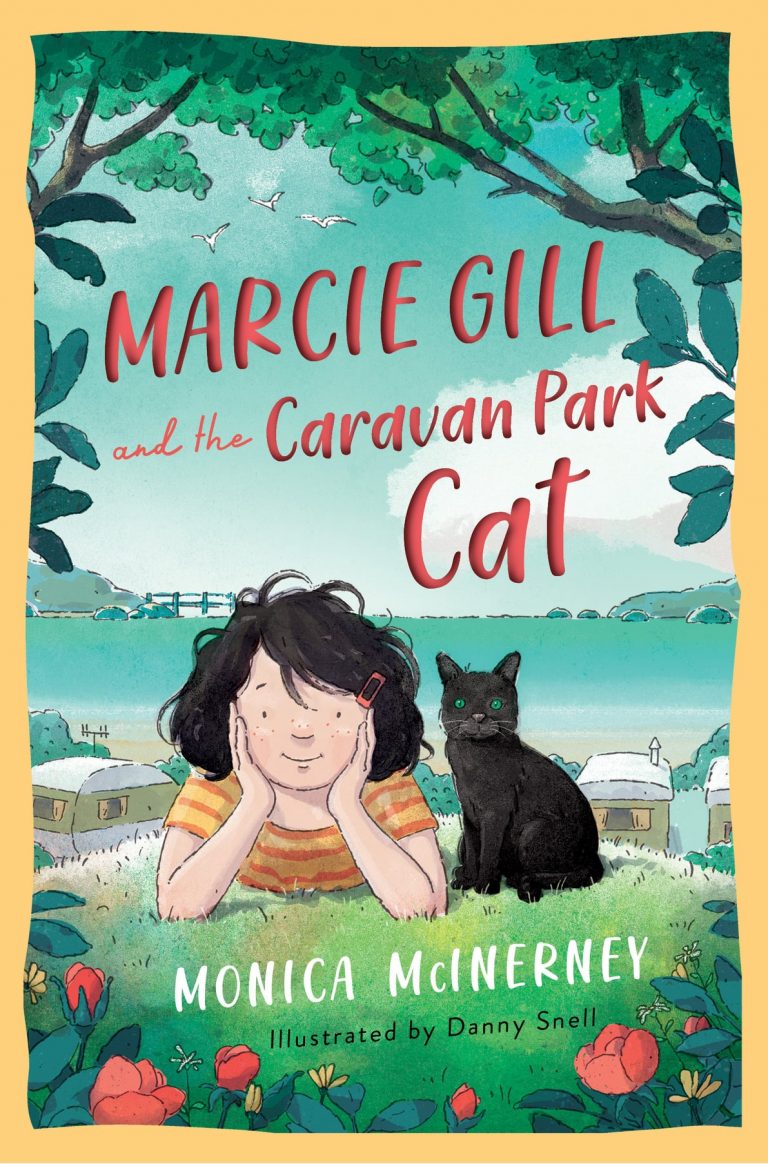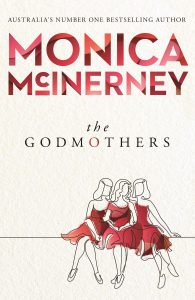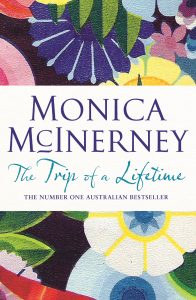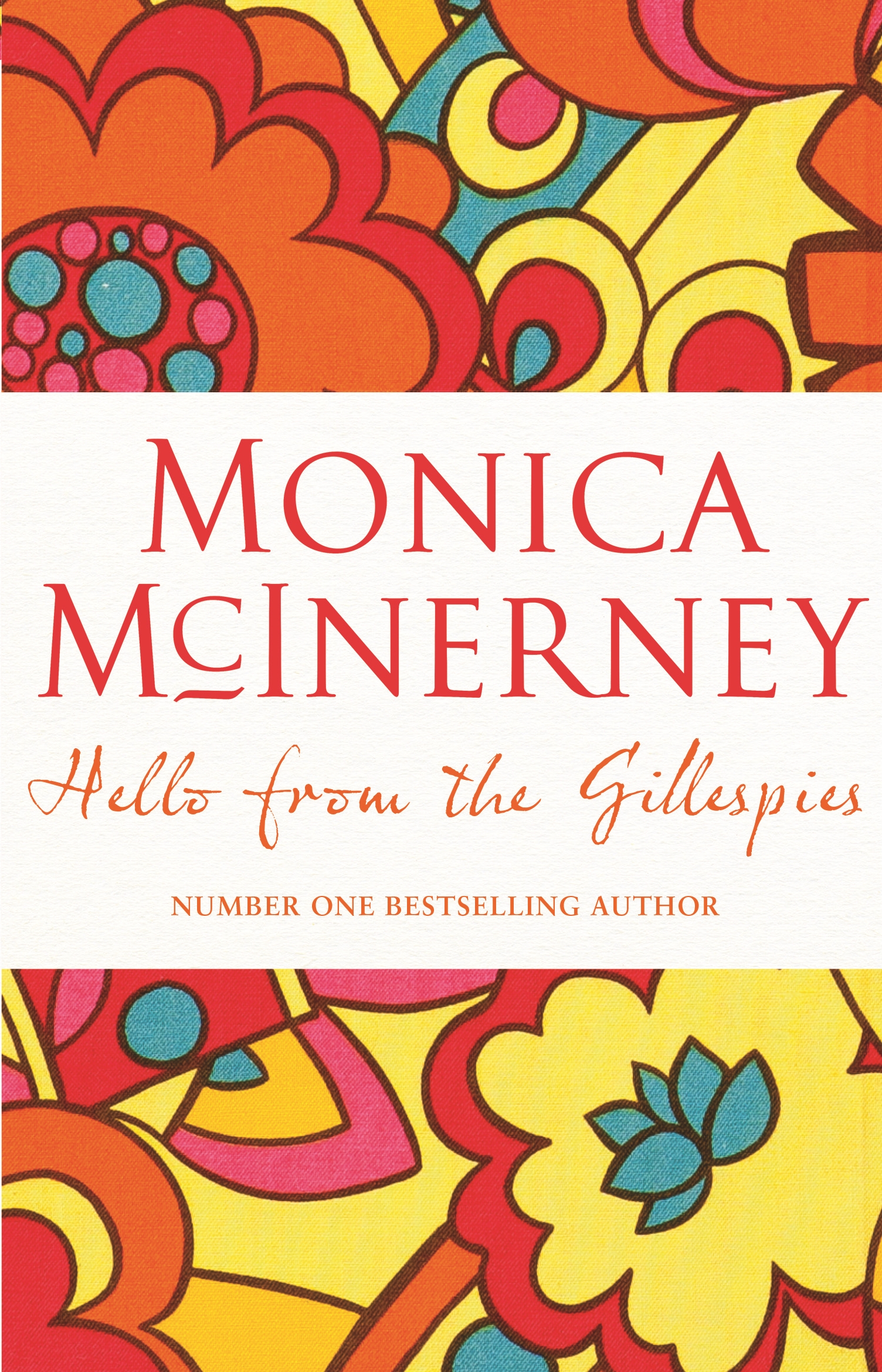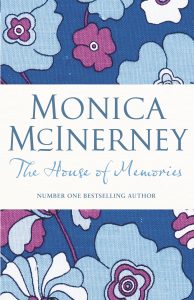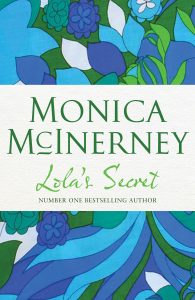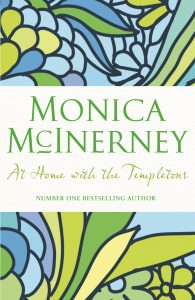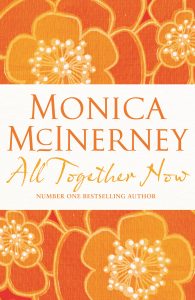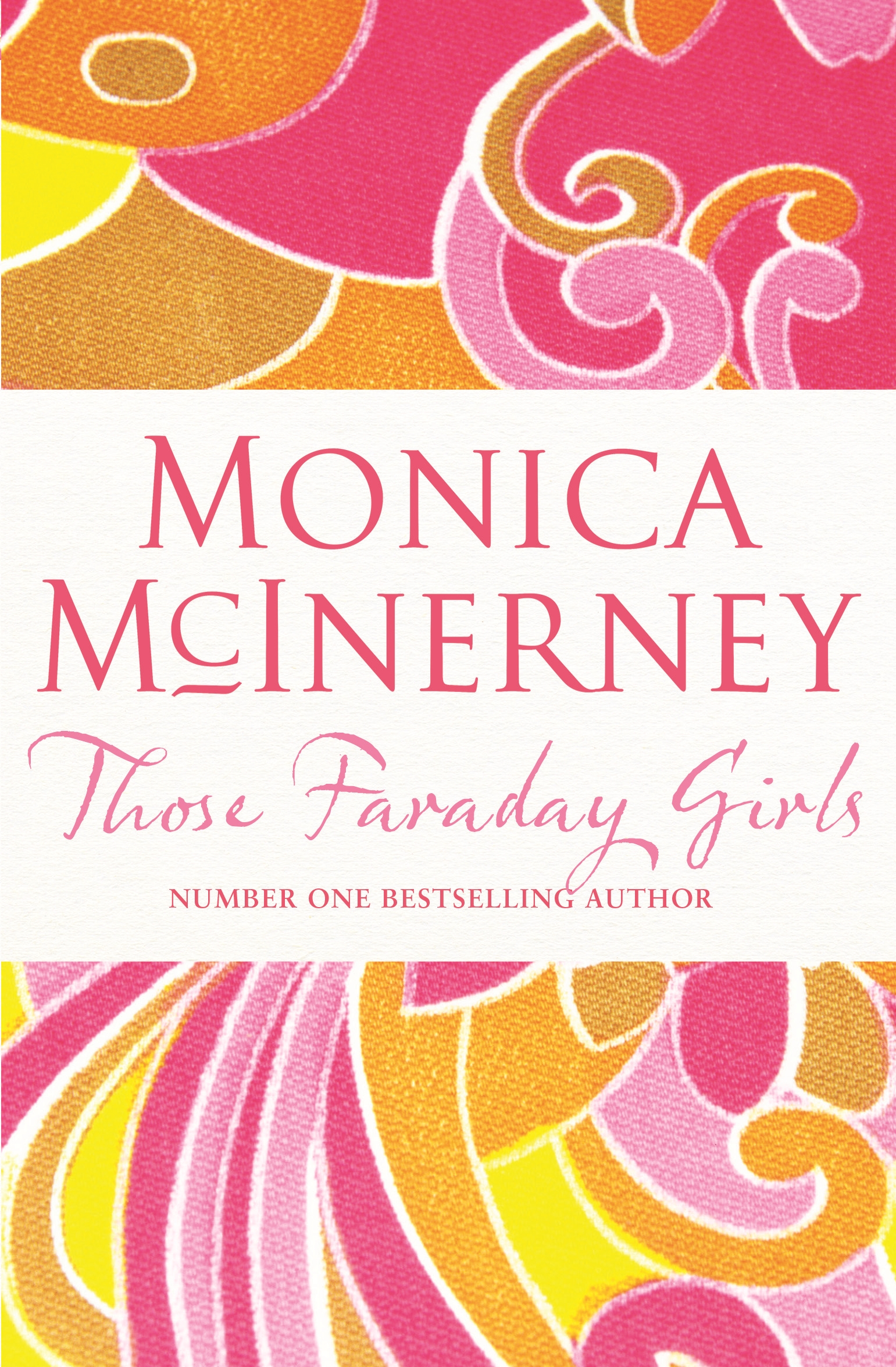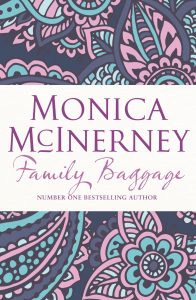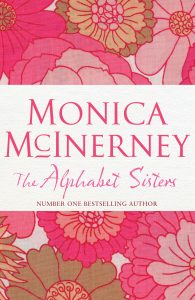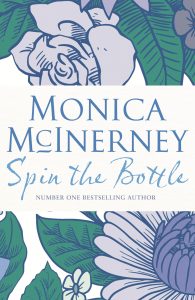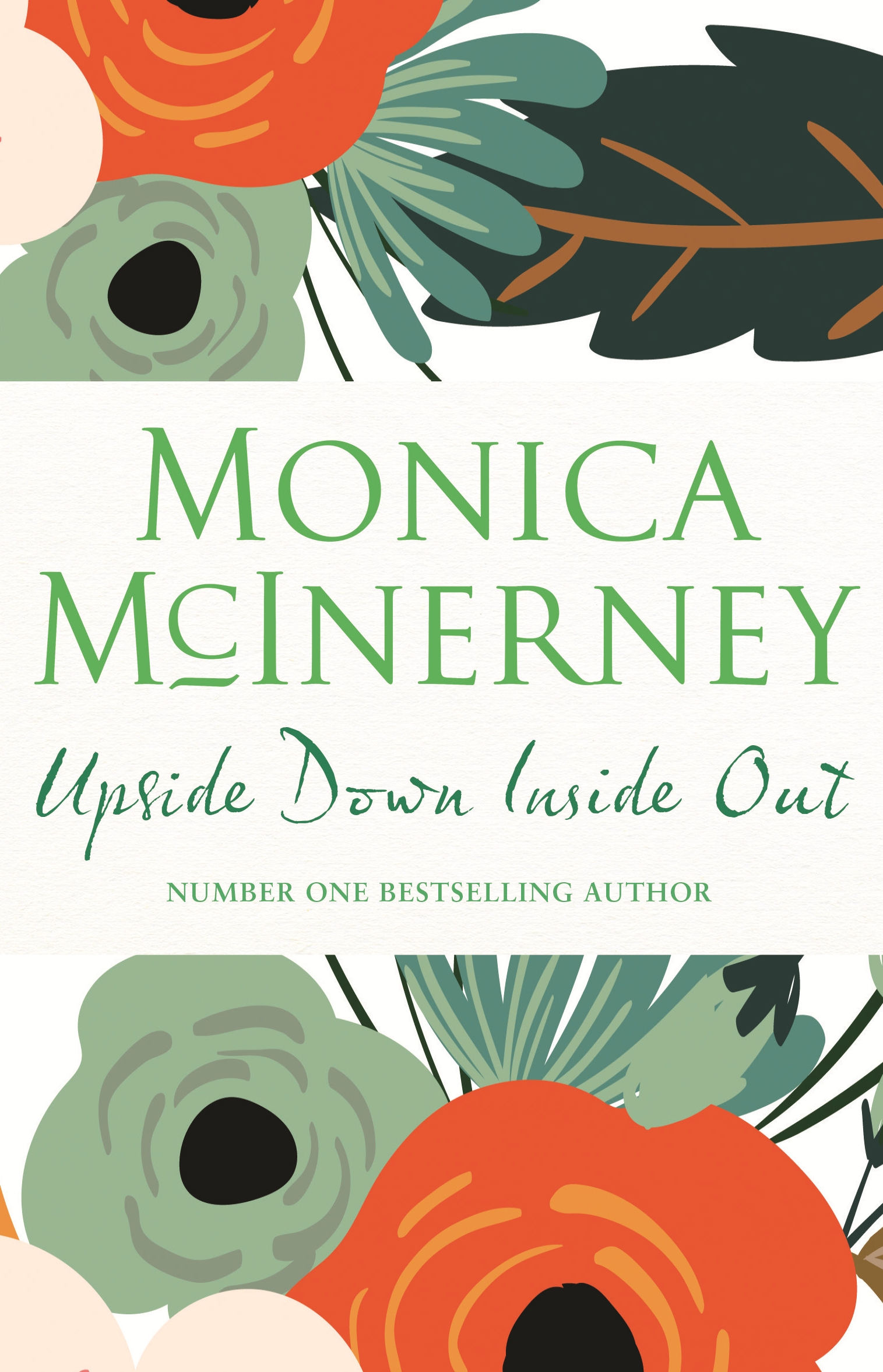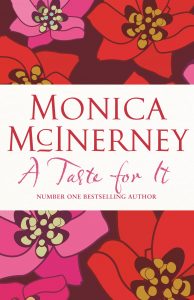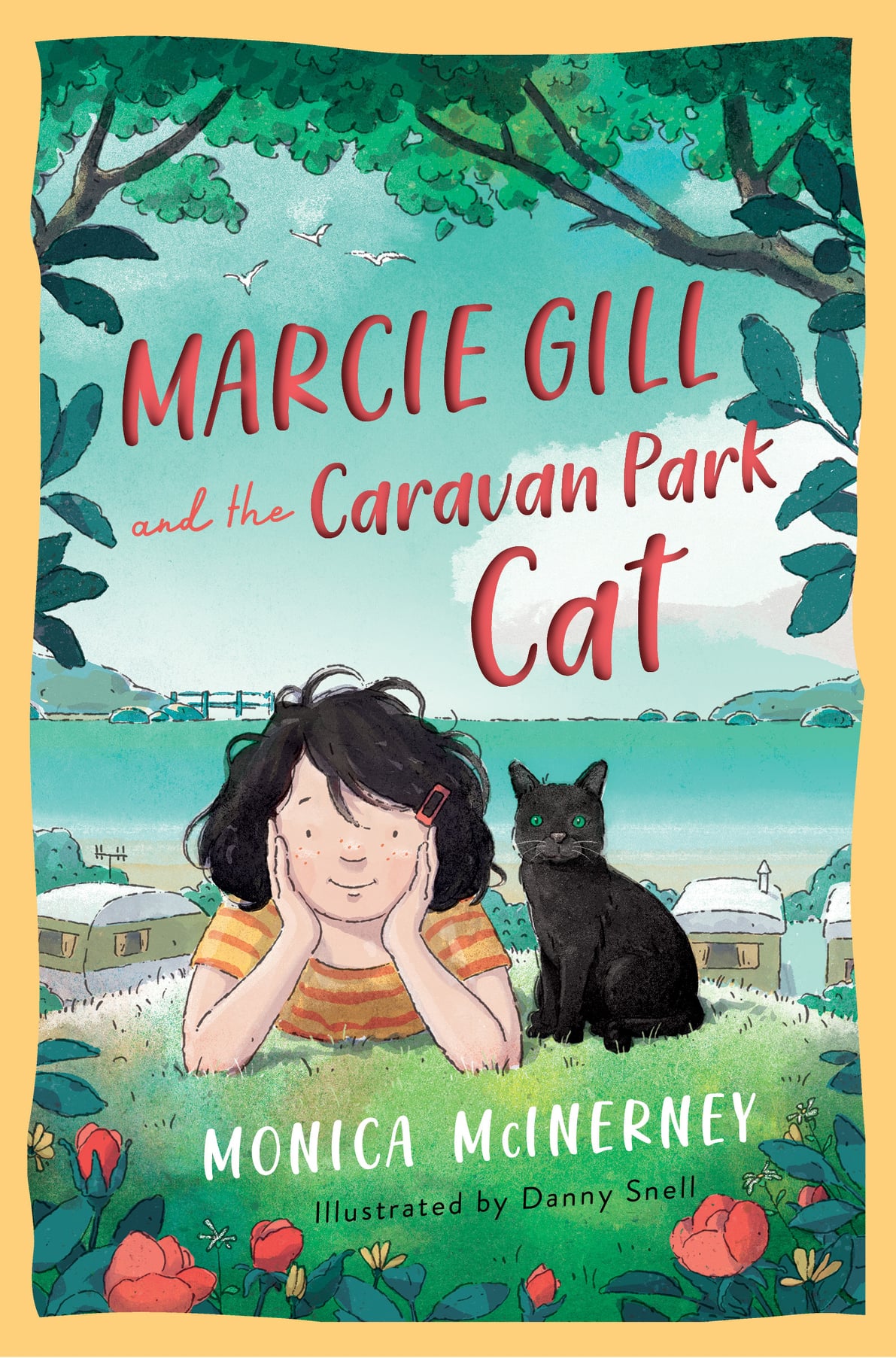My Fictional Life
This year marks my twentieth year as a published author. The media release issued by Penguin for my latest novel says I’ve written thirteen books in that time: twelve novels and a collection of short stories. But I have a confession to make. The media release is wrong.
I’ve written sixteen books, not thirteen. Three – thankfully – have never seen the light of day.
The first book-that-never-was was rejected by my Irish publisher in 2001, the second in a three-book-contract. I wrote it in the months after my father died, in a whirlpool of grief. I’d been contracted to write a romantic comedy. What emerged was a frantic mess: helicopter chases, police hunts, wild plot twists. Soon after I’d sent off the manuscript, my agent got a call from the publisher. ‘Is Monica okay?’ I was given three months to start afresh. I kept two characters, drastically changed the plot and delivered a new book in two months.
The second rejection – in 2006 – came from my husband and my sister, always my first readers. I’d been commissioned to write a novella for a national reading campaign. The deadline was tight. It was a small canvas. I aimed for the heights, overexcited by the new challenge. I made the central character a sock puppet. My sister and husband read it independently. ‘Are you okay?’ my husband asked. ‘Is everything all right?’ my sister asked. I calmed down, kept one character (not the sock puppet) and wrote a different story.
The third book I rejected myself, eighteen months ago. I’d spent two years in Dublin writing it, during a deeply sad time for my Irish family. Loss had followed loss: a much-loved brother-in-law to cancer, followed by my father-in-law, then mother-in-law. Grief surrounded me. The world felt bleak and lonely. I grew intensely homesick for my mother and family in Australia.
I tried to write my way through the sadness. Every day I climbed the three flights of stairs to my attic office. Every day it became more difficult. Still, I kept writing. After 200,000 words, I decided it was finished. Yet I felt none of the joy or relief I’d experienced when I completed my other novels. I set it aside for a fortnight. Then I read it again in one sitting. The moment I turned the final page, I knew something for sure. This novel was for no one else’s eyes but mine.
My husband urged me to wait a few days before breaking the news to my agents and publishers. That weekend, coincidentally, we were going to a wedding in Bristol, the book’s main setting. I visited every location, thinking about the different characters, plotlines and scenes. I remembered how I’d felt as I wrote it. All the grief, sadness and bleakness had found their way onto the page. On the final day, I walked to the Clifton Suspension Bridge, a beautiful landmark of Bristol, with a tragic reputation as a suicide spot. The bridge featured in my novel too. Midway across, I stopped. In my mind’s eye, I sent those thousands of words and hundreds of pages fluttering into the wind. Finally, I felt relief.
I wish I could say that on our return to Dublin I began writing a new novel straightaway. But I didn’t. I’d lost my confidence. I no longer trusted my own judgement as a writer. I found myself googling YouTube tutorials on ‘How to Write a Novel’ from my desk next to a shelf of novels I had written. I considered a new career.
Still, I climbed the stairs to my office each day. Eventually, a new idea was waiting there for me. I began. I stopped. Started again. A novel gradually took shape. The word count rose. A year later, as my nerves jangled, my husband and sister read a first complete draft. The news was good. I did more drafts, then sent it to my agents and publishers. Good news again. More edits followed, then proof-reading then printing. That novel, The Godmothers, was published in Australia and New Zealand in October, and is due out in 2021 in the UK and Ireland.
After 20 years as a writer, I’d thought I understood the creative process. I now know it’s mysterious and unpredictable. It’s influenced by emotion and the outside world in ways I can’t always fathom. I have to trust in it, even when it leads me to wrong turns and dead ends.
I’m grateful for my three rejections, especially the most recent. That abandoned book helped me find my way through a desolate time in my life. It gave me purpose. A distraction. No one else will ever read those 200,000 words. But I still needed to write them.
(First appeared in Sunday Life Magazine)
